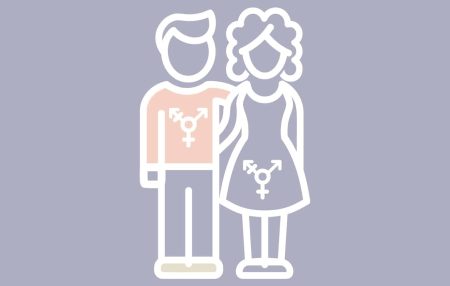8 February 2012
The English High Court has issued a further judgment which once again highlights the legal problems associated with international surrogacy, both in terms of immigration arrangements and also domicile.
The case, Z and another v C and another 2011, concerned a same-sex Israeli couple who entered into a surrogacy arrangement with a clinic in India through a surrogacy agency in Israel, resulting in the birth of twins in November 2010. This followed unsuccessful attempts to conceive a child with a surrogate they were introduced to through a UK not for profit surrogacy agency after the intended parents relocated to the UK in 2008. The first applicant entered the UK as a highly skilled migrant. His and his partner’s leave to remain was renewable and could be varied to indefinite leave to remain after five years continuous residence in the UK.
The preliminary issue for the English court to determine, was whether one or both of the intended parents was domiciled in England at the time of their application, this being a prerequisite for the court to make a parental order. In giving judgment, Mrs Justice Theis, ruled “I am entirely staisfied that Z’s assertion of an English domicile is genuine, is not a misuse of proceedings or contrived for any immigration purpose. UKBA has a policy permitting entry to surrogate born children including those whose ‘parents’ intend making a parental order application and appear to satisfy the requirements for a parental order in the UK”.
The case also graphically highlights the immigration law difficulties that can arise in terms of navigating a safe path home with surrogate born babies post birth. Following the twins’ birth, the intended parents obtained Israeli passports for them. The intended parents then travelled to Israel with the twins to apply for entry clearance to the UK for them as their dependants, based on telephone advice from UKBA that the twins’ must make their application for entry clearance from their country of nationality, rather than India, their country of birth. The application was made in the alternative under the UKBA’s surrogacy policy and the Immigration Rules. The applications were refused, although their appeal was successful based on human rights arguments (Article 8). The Immigration Judge’s decision on appeal was then challenged by the Secretary of State and a further appeal was determined by the Upper Tribunal of the Asylum and Immigration Chamber in November 2011 where the further appeal was dismissed. The tribunal then gave the twins entry clearance into the UK for one year on an expedited basis and it was hoped that the twins would enter the UK by the end of the year (13 months after their birth).
The court further stated that in this case the twins would not obtain British nationality upon the grant of a parental order, simply a capacity to be treated as the children of their parents in immigration law and to be granted leave to remain in line with their parents.
This case brings into sharp focus the complex legal problems that can arise when intended parents enter into an international surrogacy arrangement against the backdrop of complex multi-national personal circumstances.




